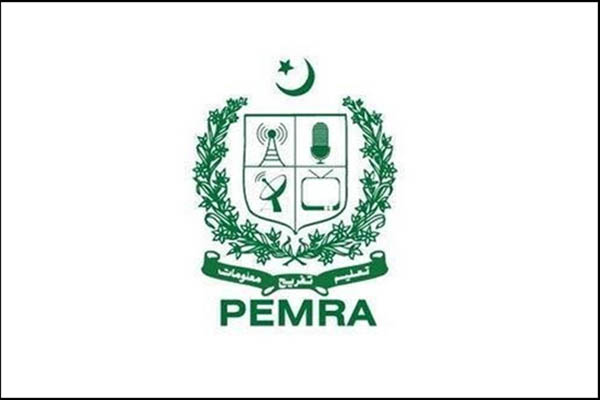
In separate notifications, regulator directs broadcast media to avoid ‘maligning’ NAB, advance government narrative on petrol prices
The Pakistan Electronic Media Regulatory Authority (PEMRA) has stepped up efforts to direct editorial policies of satellite TV channels by issuing two separate notifications instructing them on how to proceed when reporting on the National Accountability Bureau (NAB) and petrol prices in the country.
TV channels should refrain from broadcasting “highly unsubstantiated, judgmental, and unipolar remarks” about the anti-graft watchdog, read a notification issued on Wednesday. It said that the regulator had “monitored with concerns” remarks about NAB being aired on satellite TV licensees’ talk shows and news programs.
Accusing channels of trying to “malign the state institution,” it said that such contemptuous remarks were in violation of orders issued by the Supreme Court of Pakistan, as well as PEMRA (Amendment) Act, 2007 and PEMRA Rules, 2009.
“All news and current affairs TV channels, and their anchorpersons as well as guests, have to refrain from voicing personal biases in a news report or a talk show, and moderate the programs in a fair, balanced, objective and impartial manner,” the statement said, despite most talk-shows serving as a medium for analysts and observers to voice their personal views on issues of import.
Noting that the law allows discussions about investigations and under-trial proceedings in a manner that informs the public, the regulator said channels should avoid airing content, including commentary, opinion and suggestions, about the potential conclusion of any cases, which could prejudice the determination by a court or tribunal. “The licensees are obliged through these provisions of law to observe reasonable constraints while extracting contents from court proceedings and police records and to air them fairly, accurately and in an objective manner,” it added.
Television networks “have to tighten their editorial oversight and review the content of their talk shows through in-house monitoring committees before airing them,” it said, adding that all satellite TV channels should refrain from airing “biased and unipolar analyses.”
Petrol prices
In a separate notification, issued on Monday, the regulator issued instructions for TV channels on how they should report on fuel prices in the country. Referencing instructions by the Information Ministry—at odds with PEMRA’s stated role as an independent federal institution—it claimed that the government “being the custodian of public good has kept petrol prices in the country at lowest possible level compared to many countries in the region and the world.”
The regulator, serving as an ostensible arm of the information ministry, went on to claim that “oil prices of this government are lower even in comparison with the previous two governments and accused the news media of reflecting this in their coverage.
“Therefore, all satellite TV channels and FM radio licensees are hereby requested to please launch an appropriate campaign to inform the general public about the factual statics [sic] of petrol price and prepare them for likely increase in petrol prices as result of rise in petrol price in the international market,” it said, in language that suggests the media should not criticize price hikes—a stark contrast to Prime Minister Imran Khan’s days in the opposition when his Pakistan Tehreek-e-Insaf would often condemn even the most minor of price increases.
“Your cooperation and support in this regard shall highly be appreciated. The copy of the fact sheet/narratives of the government on management of oil prices is enclosed,” it added.
